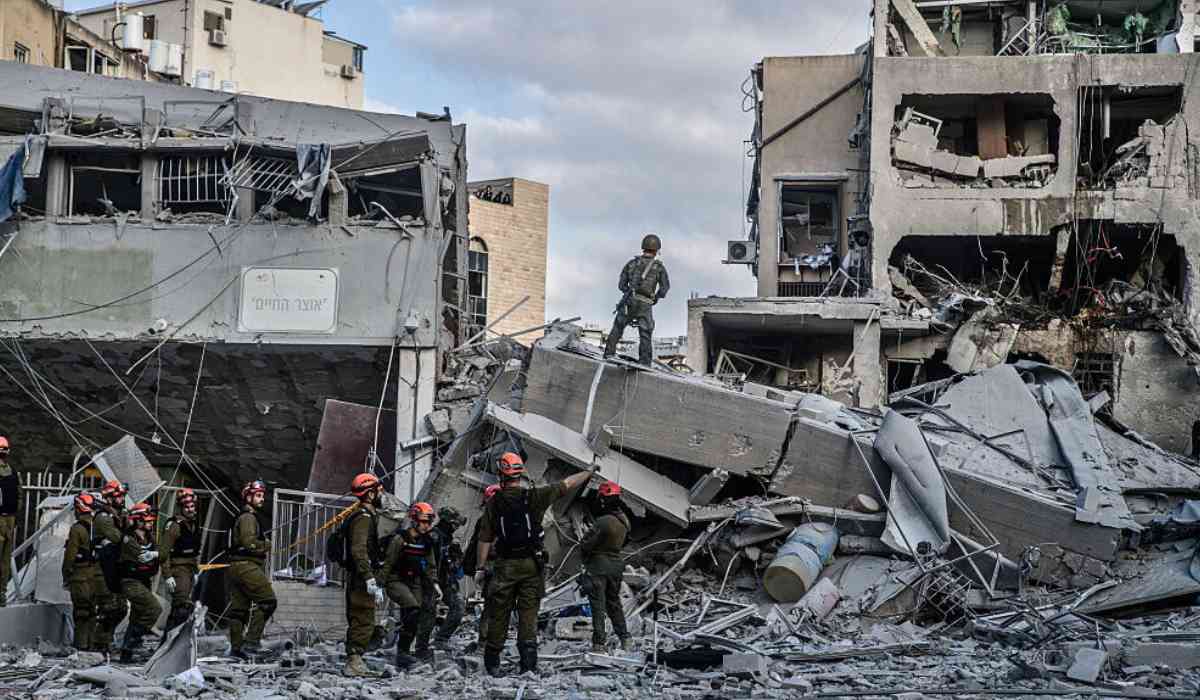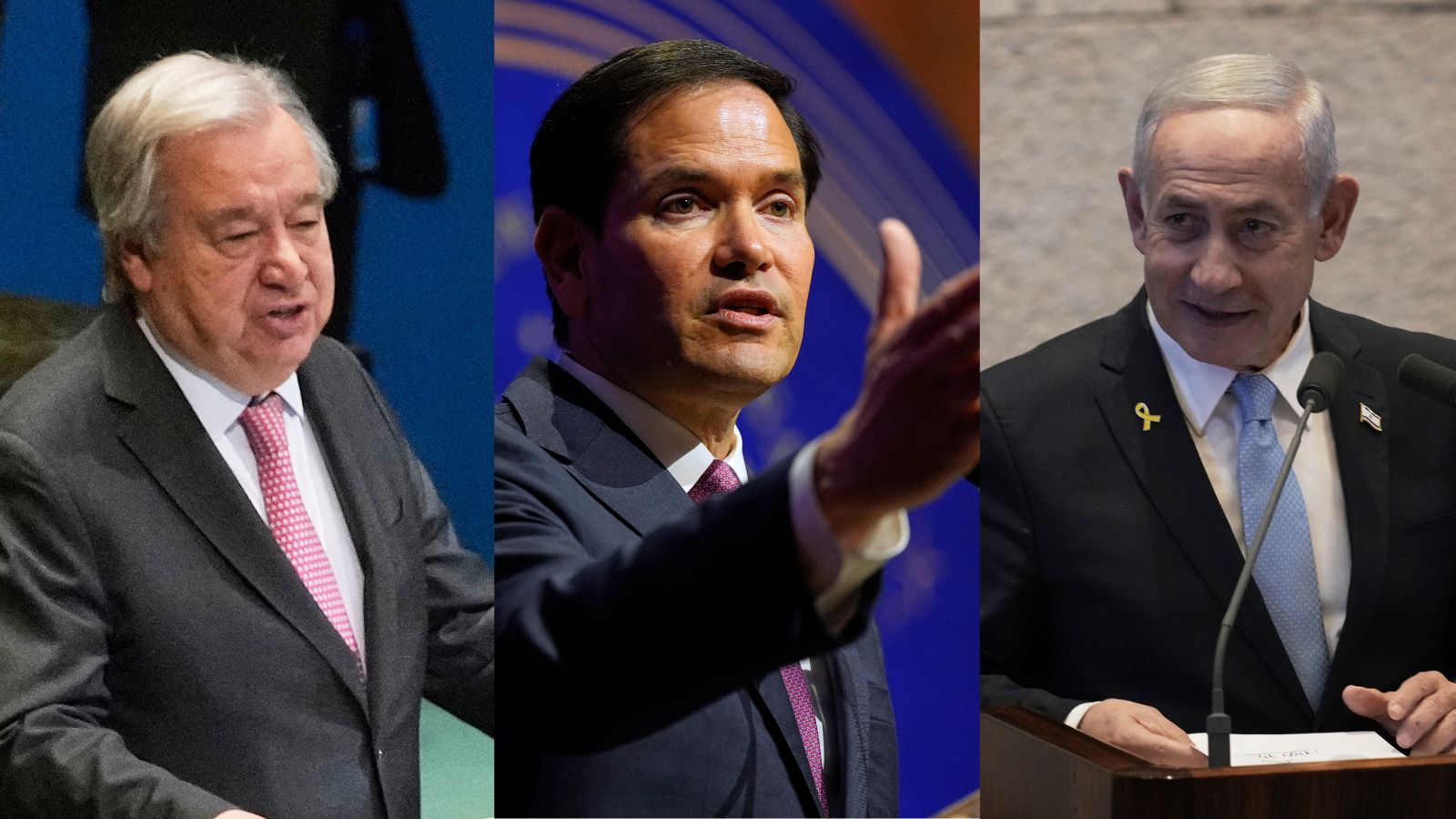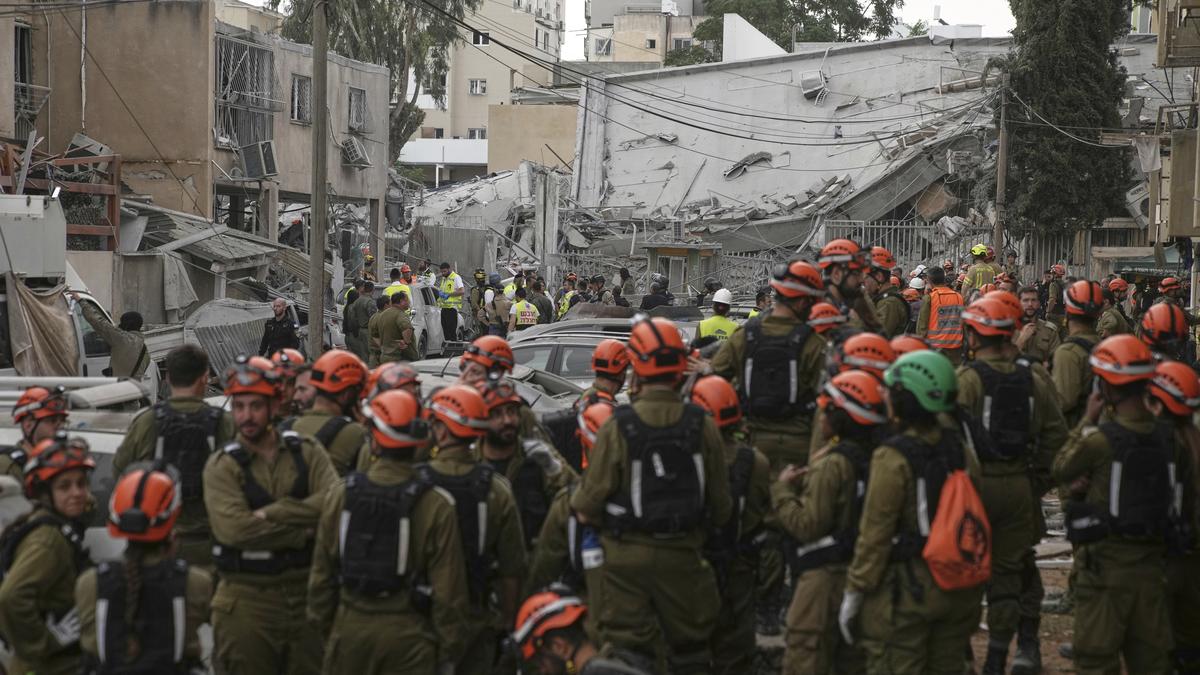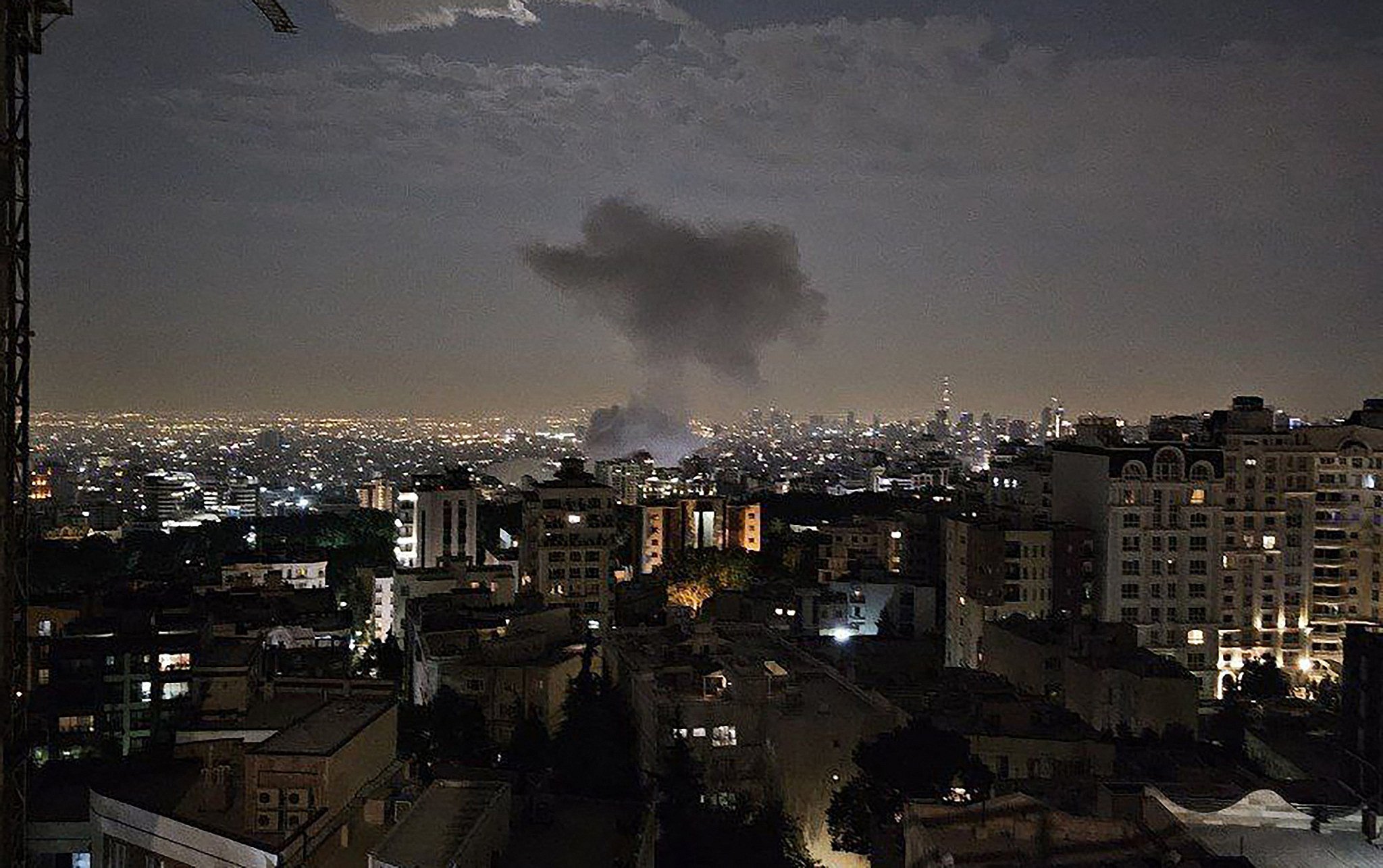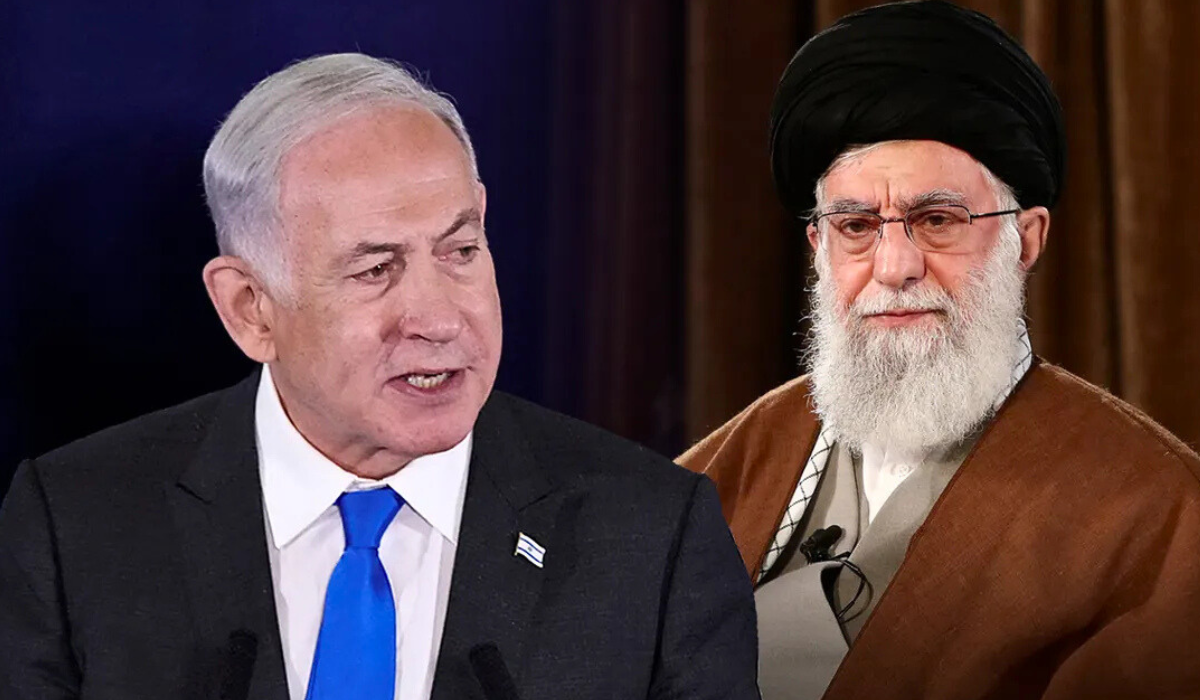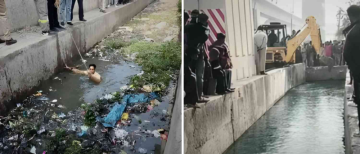The standoff between Iran and Israel has taken a dangerous turn, with both countries trading military strikes and threatening further retaliation. The situation is tense, not just for the two countries involved, but for the entire Middle East and even the world. Here’s a simple, clear look at what’s happening, why it matters, and what might come next.
What’s Happening Now?
-
The conflict began when Israel launched a series of airstrikes on Iranian military and nuclear sites. These attacks targeted facilities believed to be involved in Iran’s nuclear program, including locations in Isfahan and Tehran.
-
In response, Iran fired missiles at Israel, aiming at important targets like Ben Gurion International Airport and research centers. Iran used its most advanced missiles, including the Kibar Shekan, known for carrying heavy warheads.
-
The United States then joined the conflict, striking three major Iranian nuclear facilities—Fordow, Natanz, and Isfahan. President Donald Trump claimed these sites were “eliminated” and warned Iran against any further retaliation.
-
Iran’s leaders called these attacks a violation of international law and promised to defend their country and people by any means necessary.
Why Are They Fighting?
The roots of the Iran-Israel conflict go back many years. Israel has long been concerned about Iran’s nuclear program, fearing that Iran could develop nuclear weapons. Iran, on the other hand, says its nuclear program is for peaceful purposes. Both countries see each other as major threats.
Recent events have made things worse:
-
Israel’s strikes were meant to stop Iran from advancing its nuclear program.
-
Iran sees the attacks as acts of war and a threat to its sovereignty.
-
The U.S. joined in, siding with Israel and warning Iran not to retaliate.
How Is the World Reacting?
-
Many countries are worried the conflict could spread. European nations are urging both sides to stop fighting and return to talks.
-
The United Nations and other international groups are calling for restraint and warning of “everlasting consequences” if the war continues.
-
Iran has refused to discuss its nuclear program while under attack, making diplomacy even harder.
What Could Happen Next?
The situation is very unpredictable. Here are some possible scenarios:
-
Further Escalation: If Iran retaliates again, Israel and the U.S. might launch even more strikes. This could draw in other countries in the region, like Saudi Arabia or Iraq, and make the conflict much larger.
-
Diplomatic Efforts: European countries are trying to bring Iran and Israel back to the negotiating table. If talks happen, there’s a chance for peace, but trust is very low right now.
-
Economic Impact: The fighting has already caused oil prices to rise, and experts warn that a bigger war could hurt the global economy.
-
Humanitarian Concerns: Both countries have strong military defenses, but civilians are at risk. There have been casualties and damage to cities in both Iran and Israel.
Why This Matters for Everyone
This conflict is not just about two countries. It affects the whole world:
-
The Middle East is a key region for energy, trade, and global security.
-
If the fighting spreads, millions of people could be in danger—not just soldiers, but families, children, and ordinary citizens.
-
The use of advanced missiles and attacks on nuclear sites raises fears about environmental disasters and the risk of nuclear escalation.
What Should We Hope For?
Most people around the world are hoping for peace. War brings suffering and uncertainty. Leaders on all sides face tough choices: keep fighting, which could make things worse, or find a way to talk and solve their problems without more violence.
As this crisis unfolds, the world is watching closely. The hope is that cooler heads will prevail, and that diplomacy, not war, will decide the future of the region.
With inputs from agencies
Image Source: Multiple agencies
© Copyright 2025. All Rights Reserved Powered by Vygr Media.

